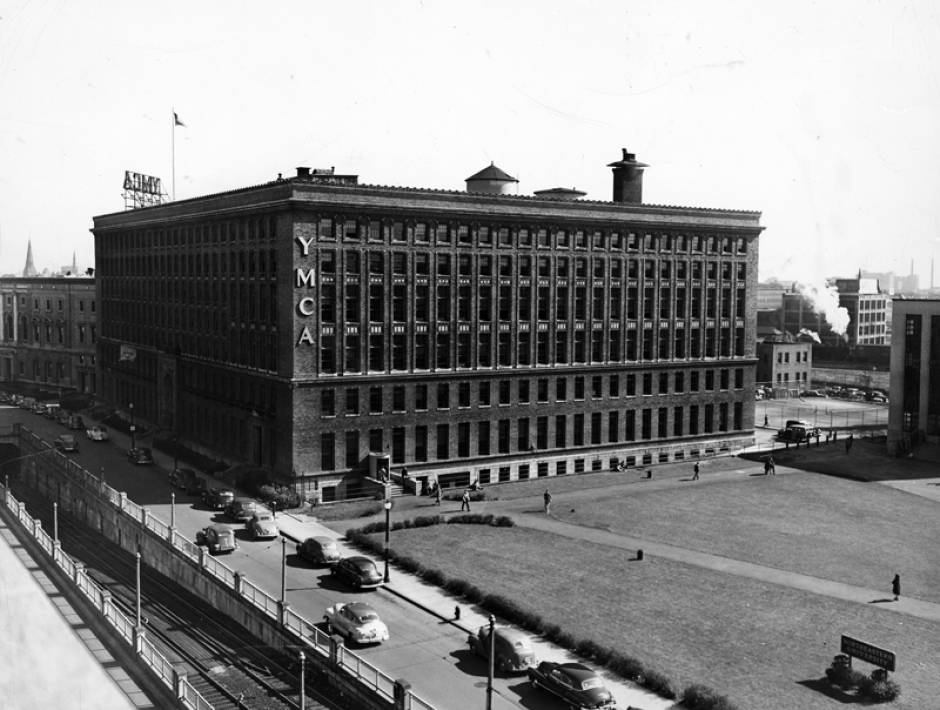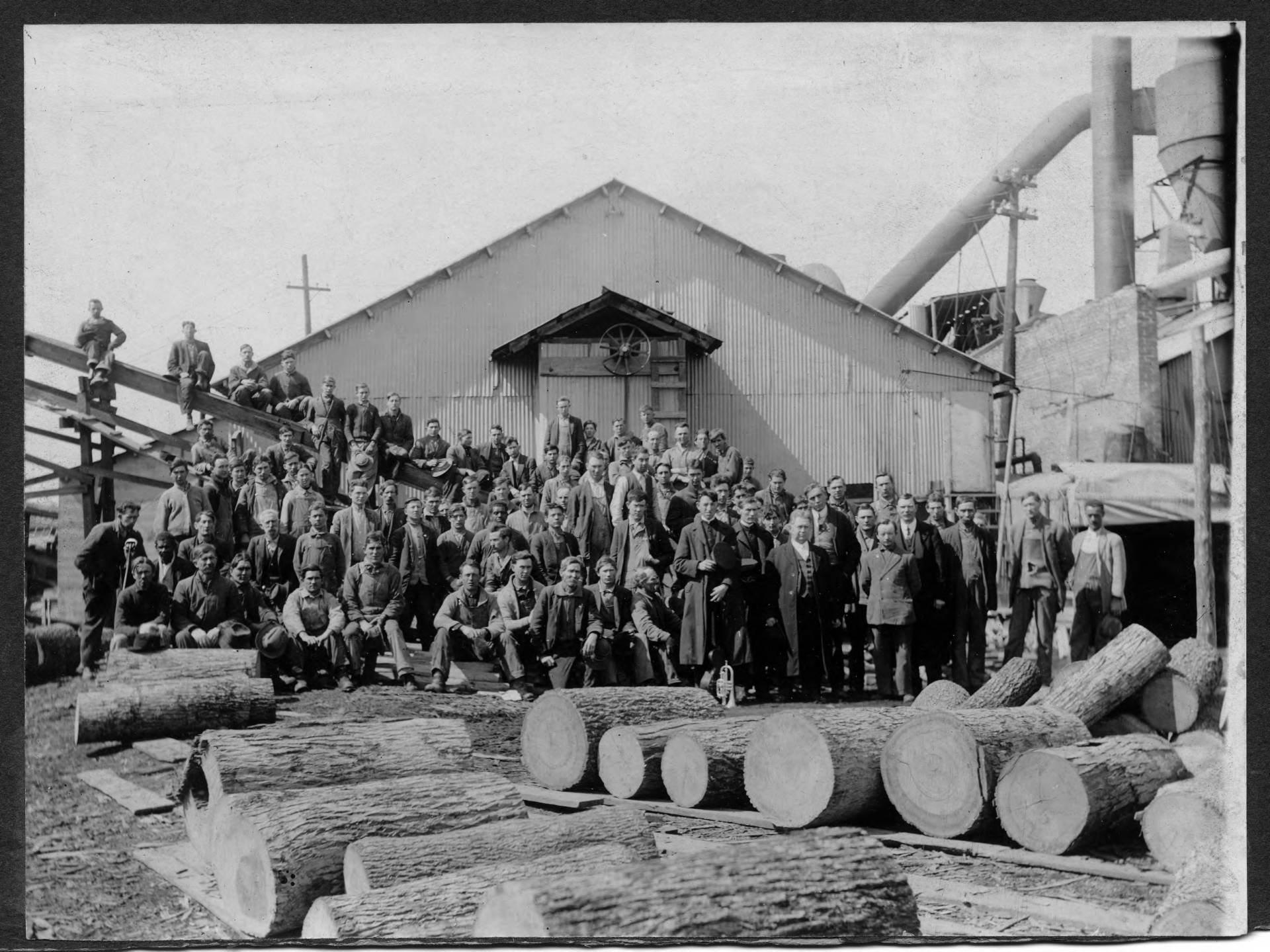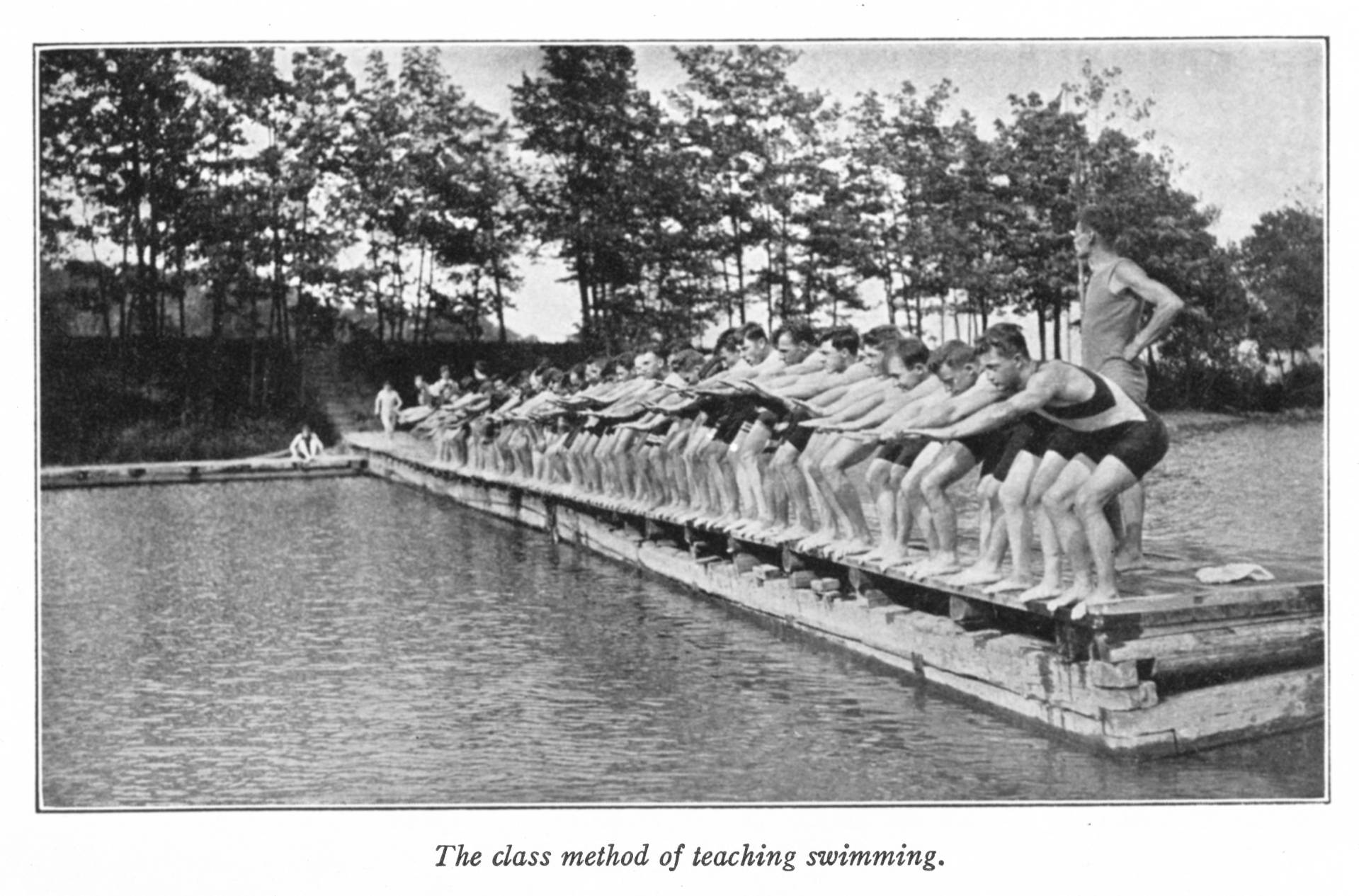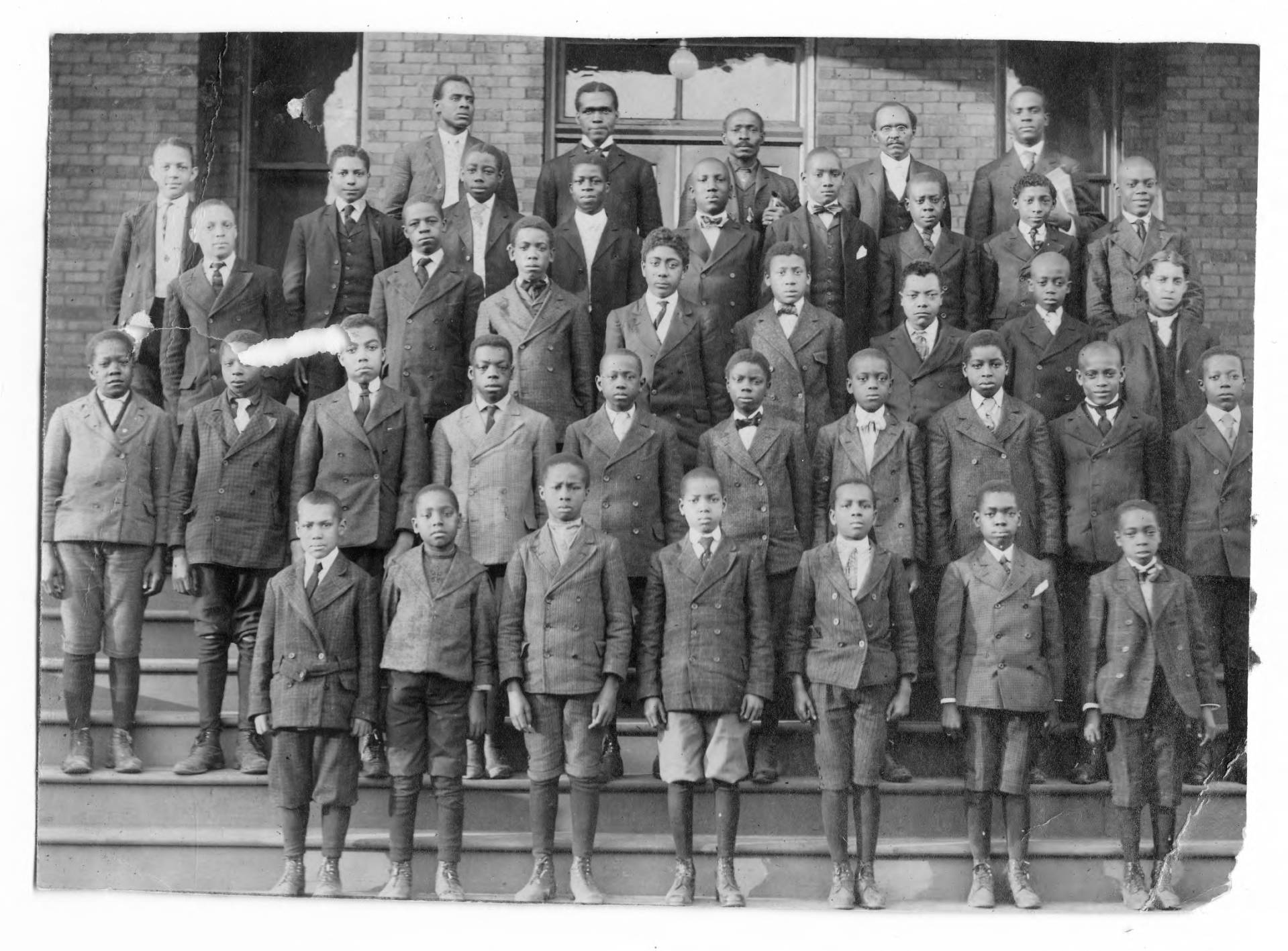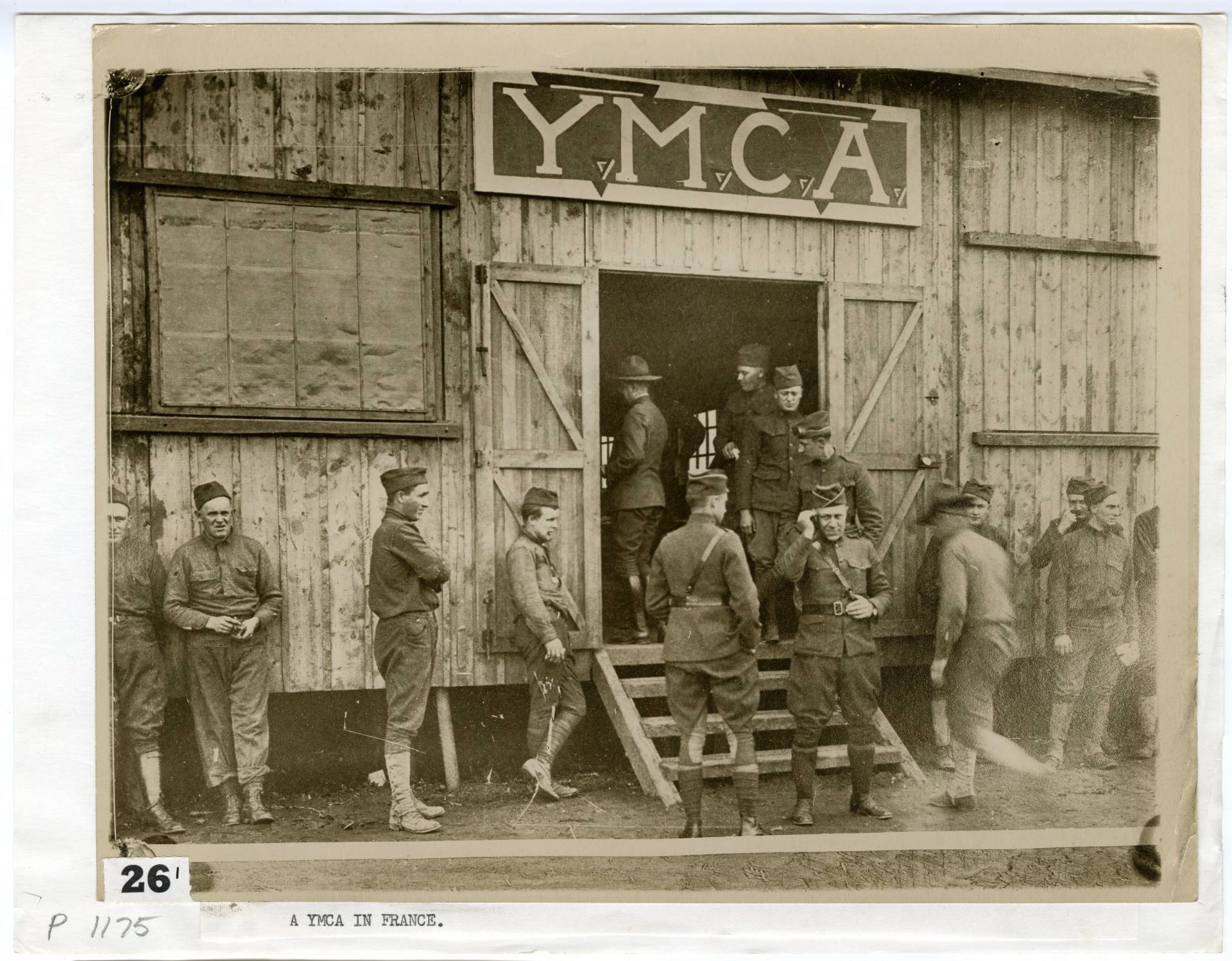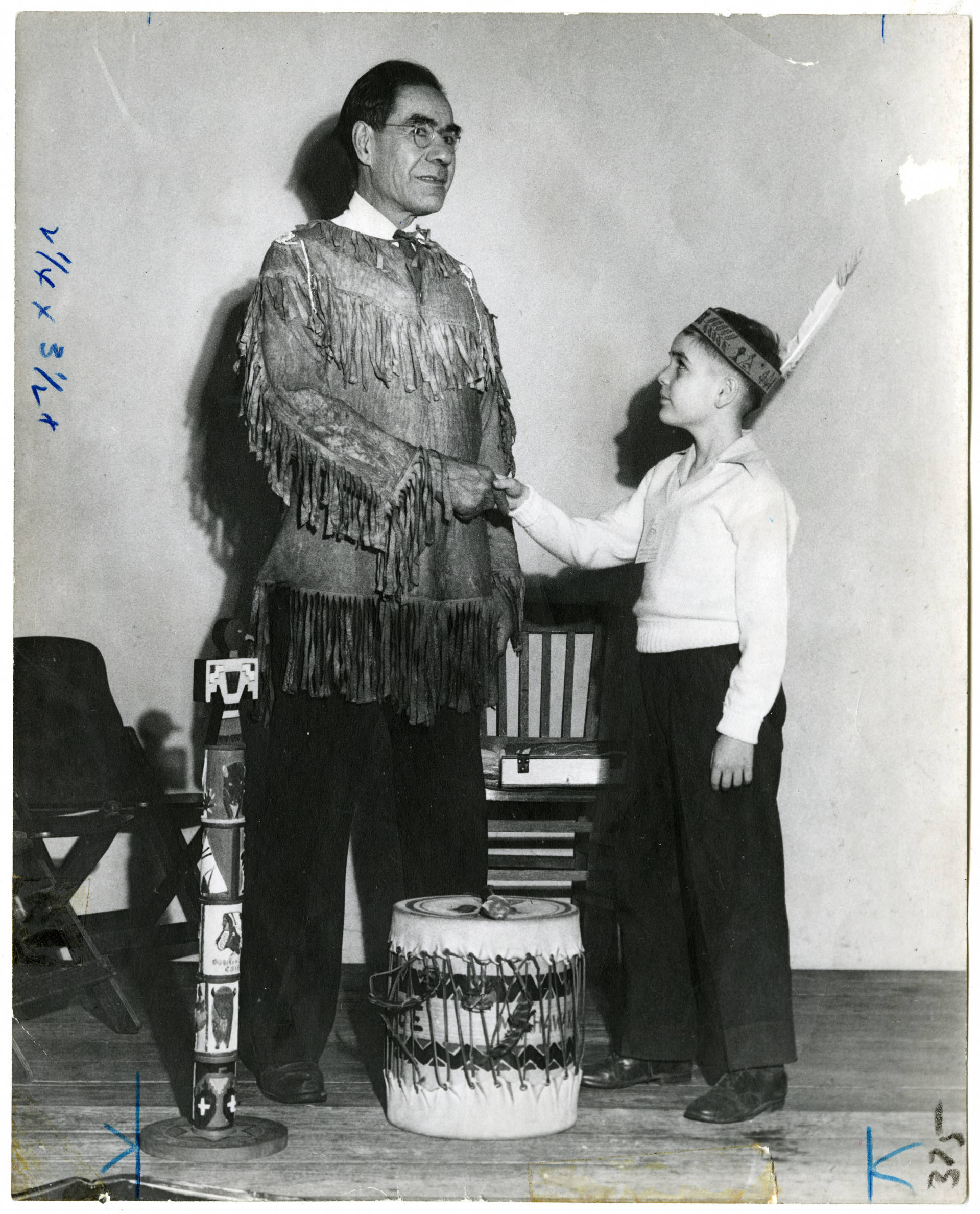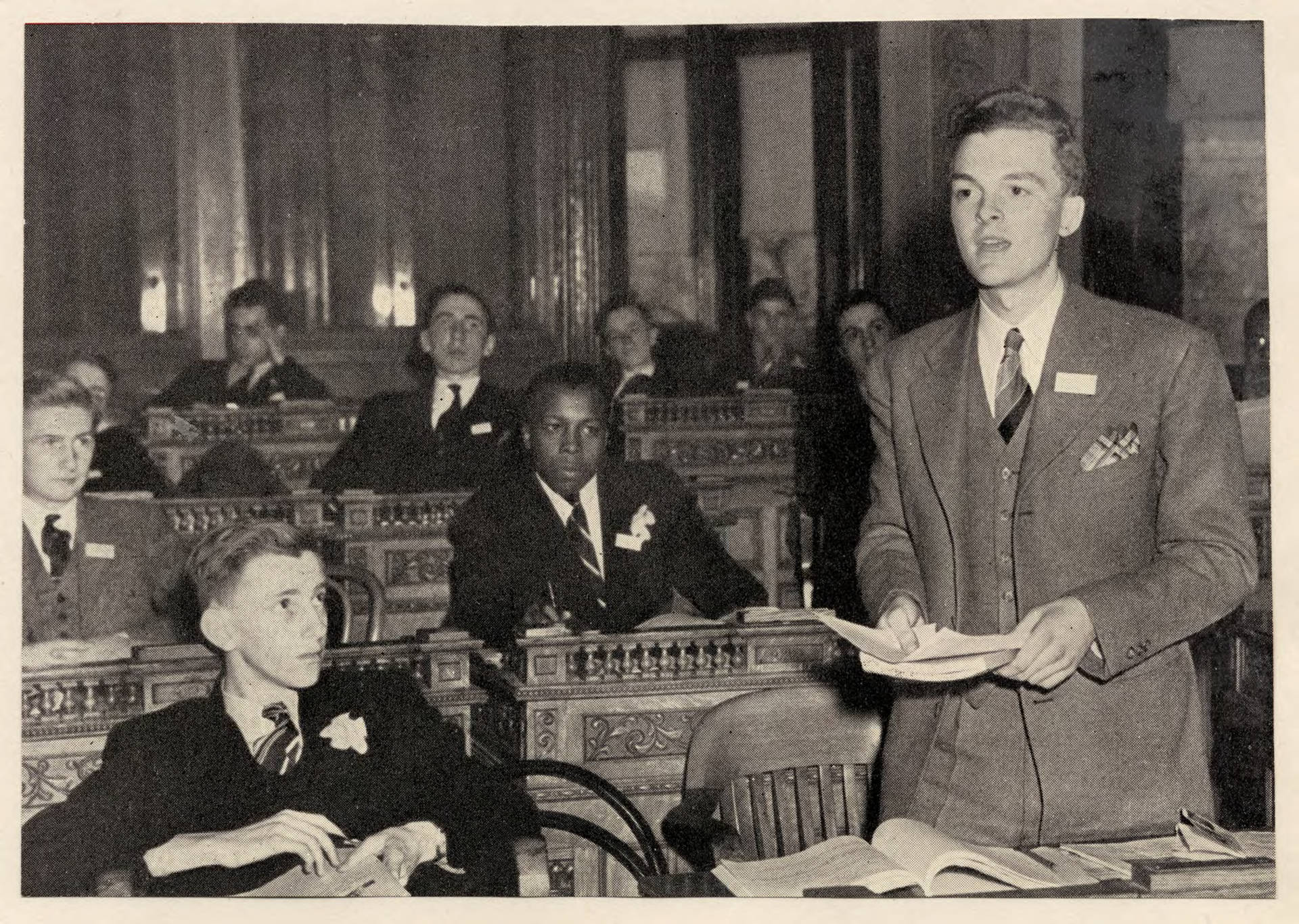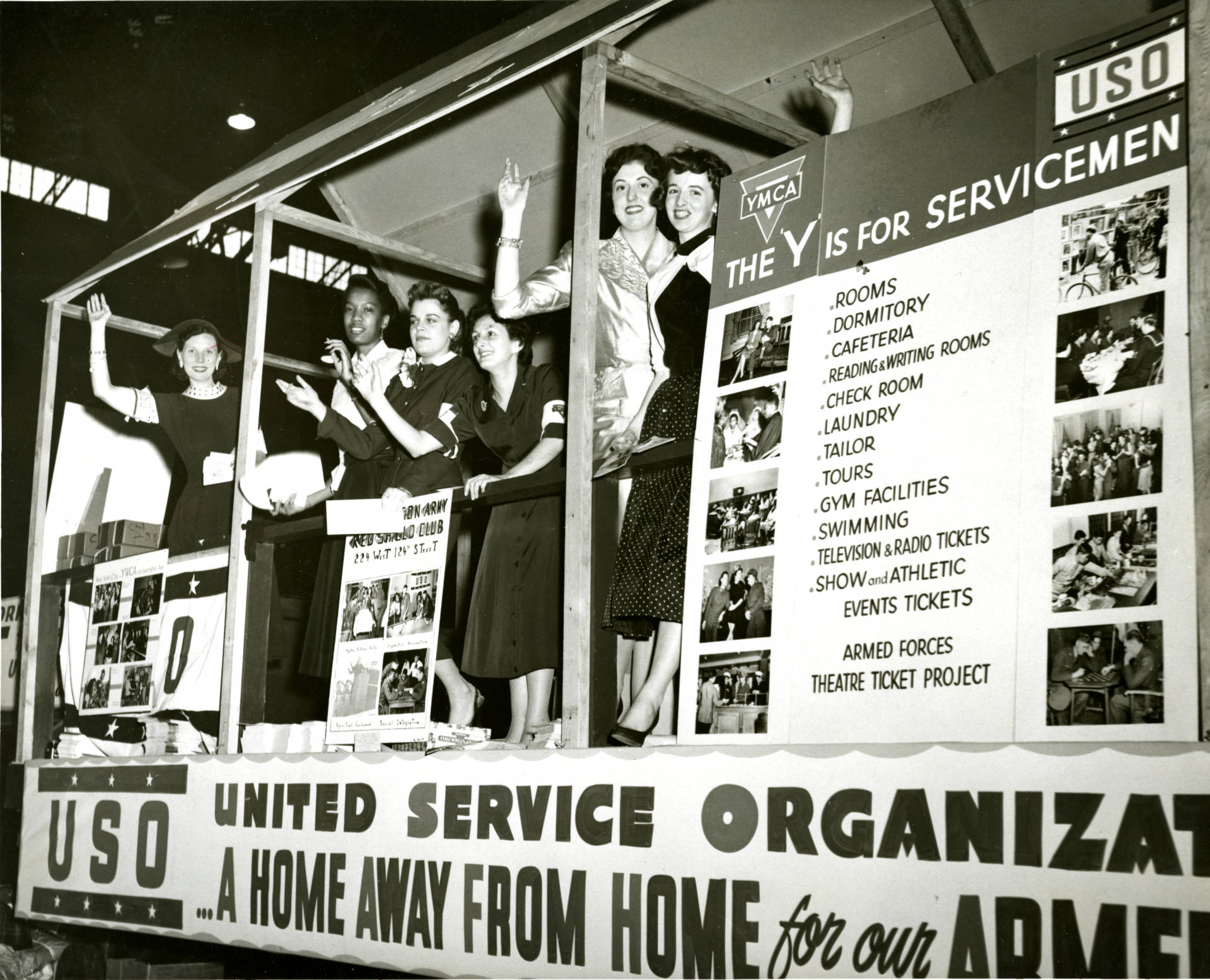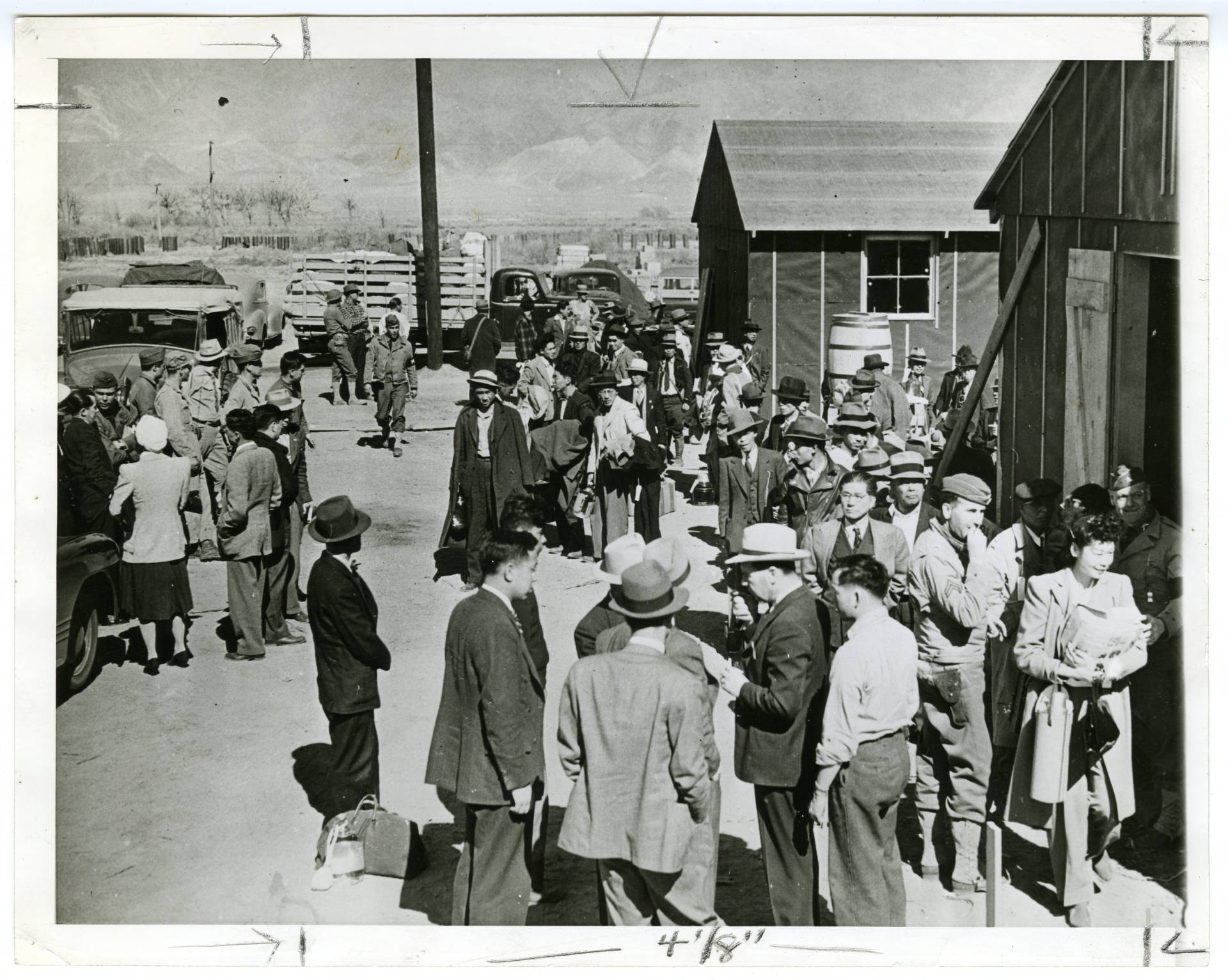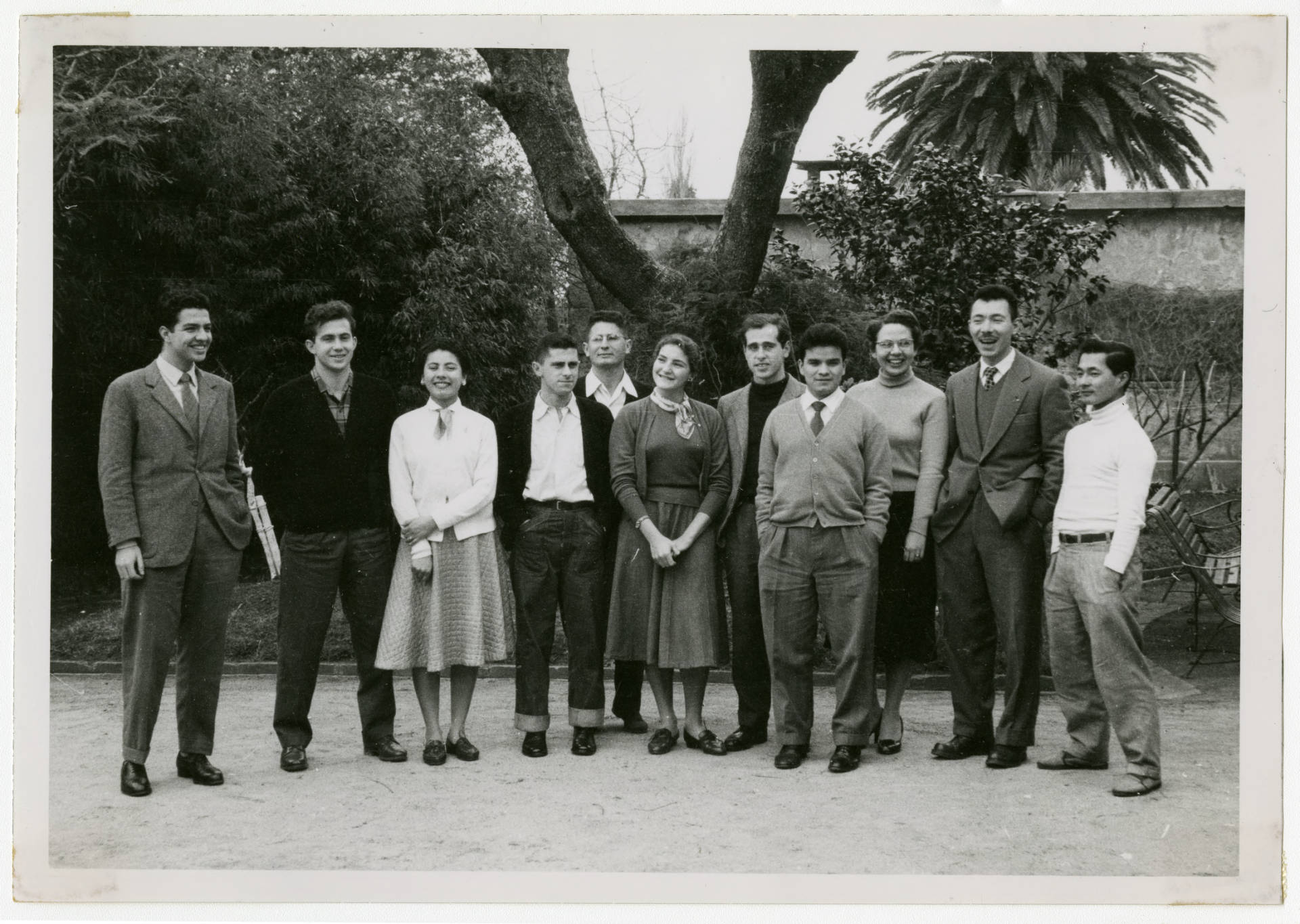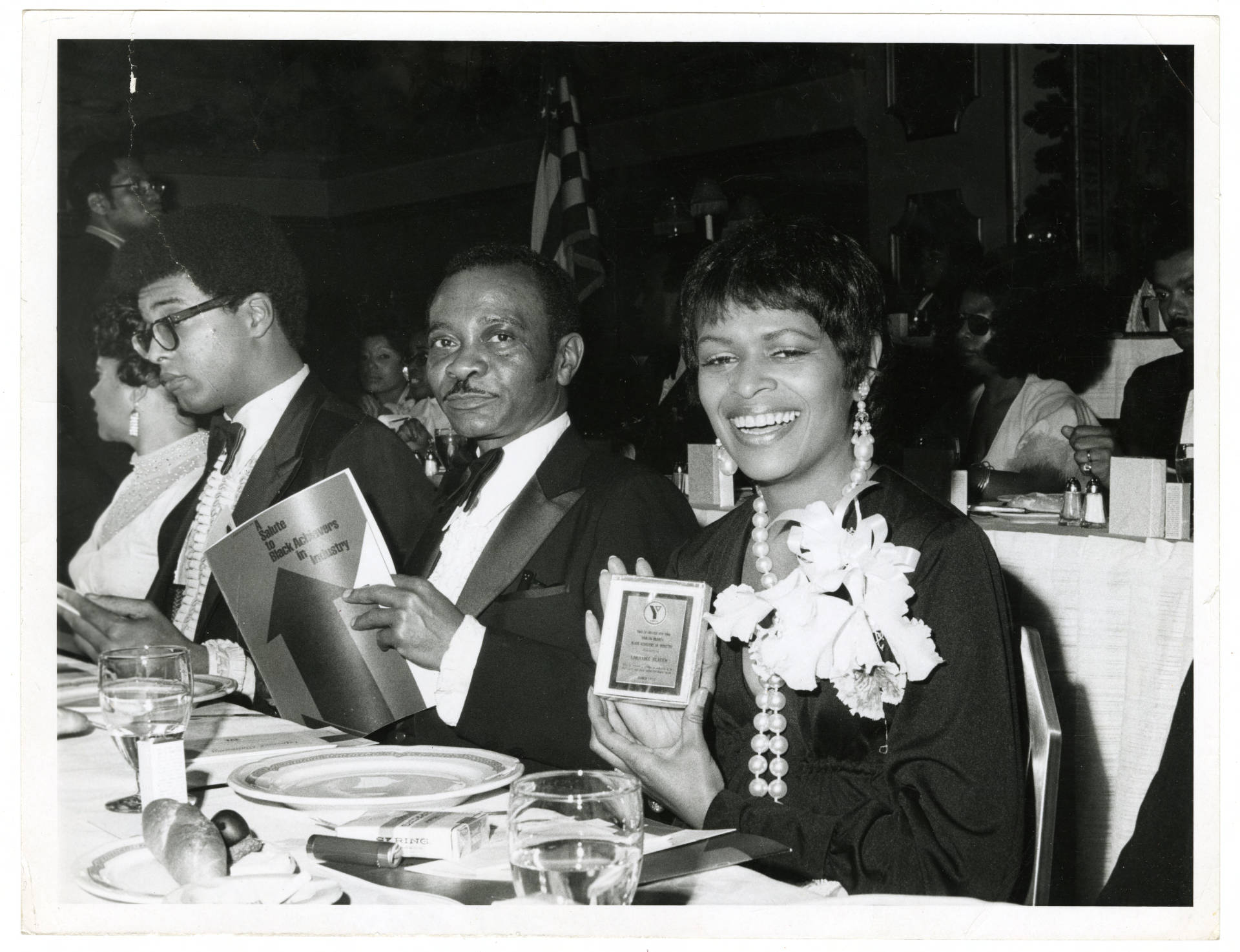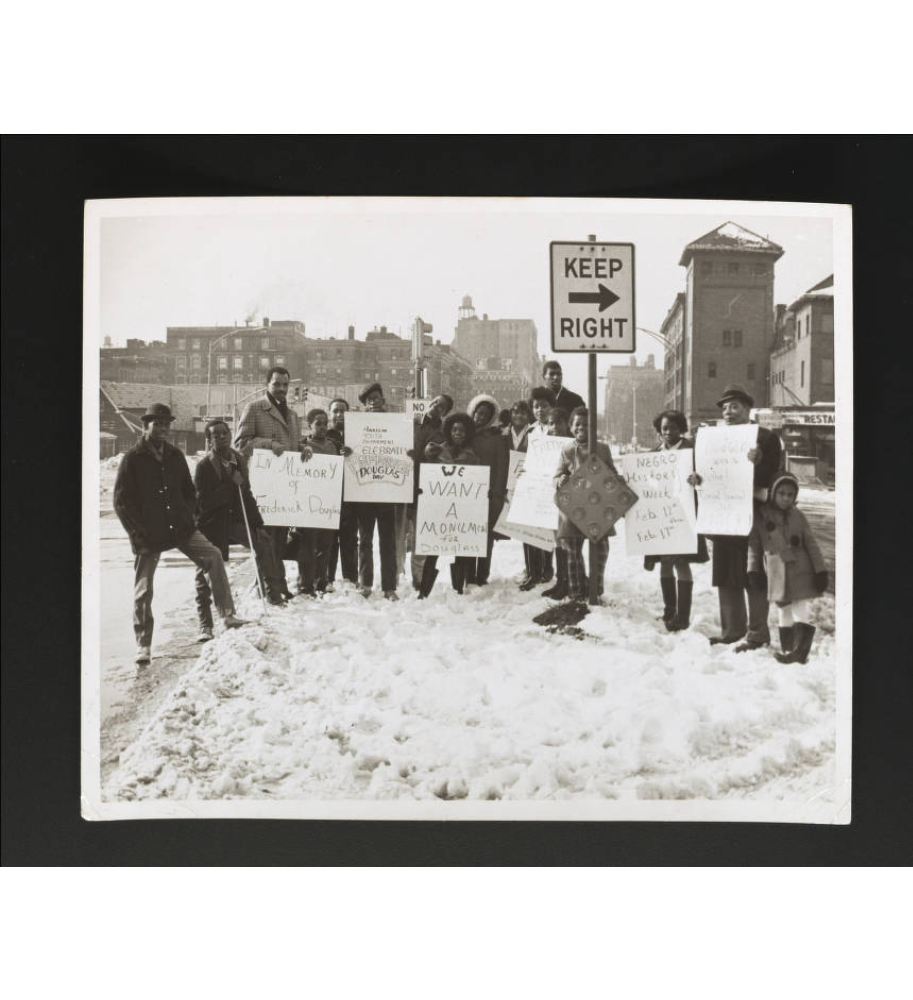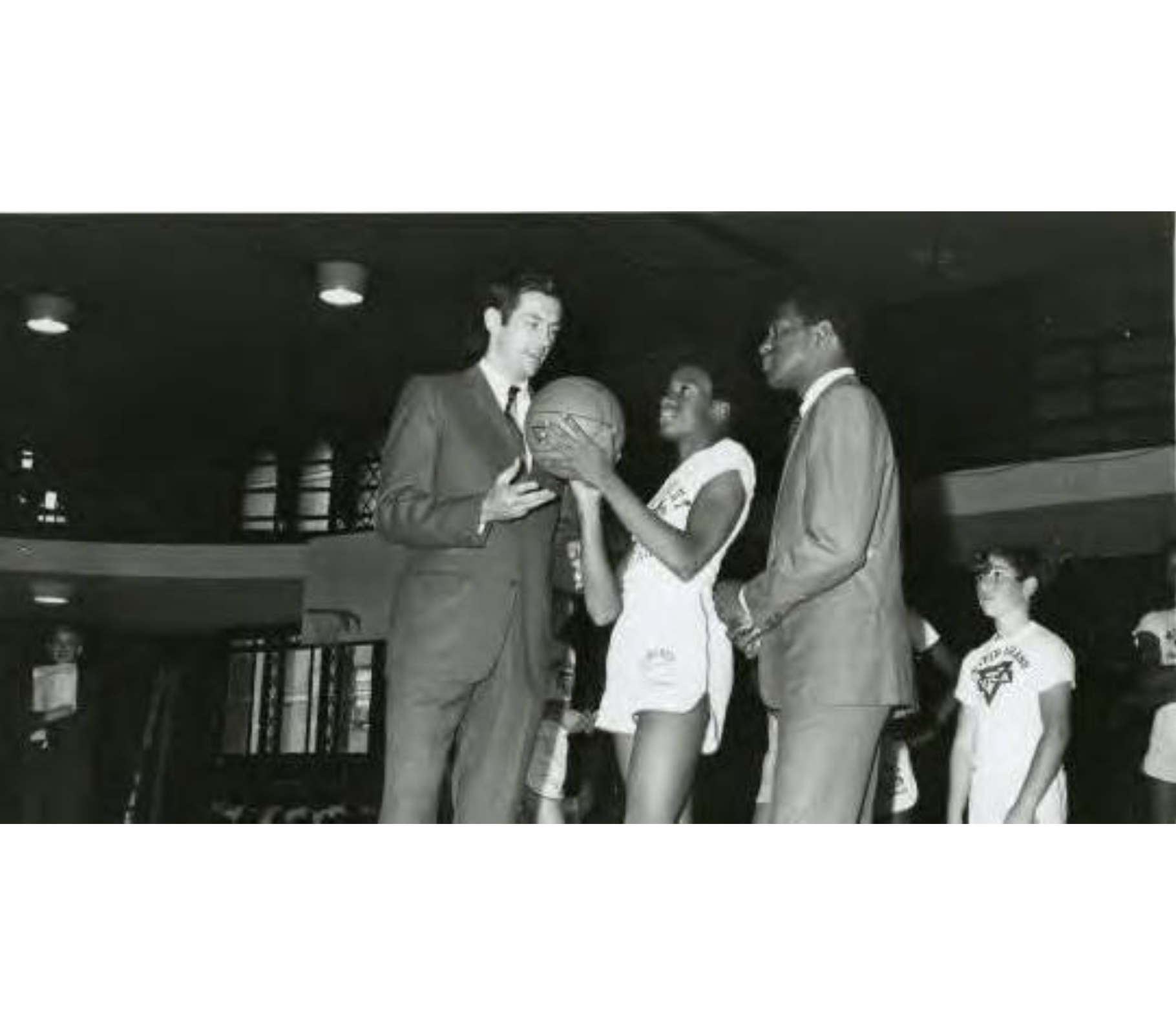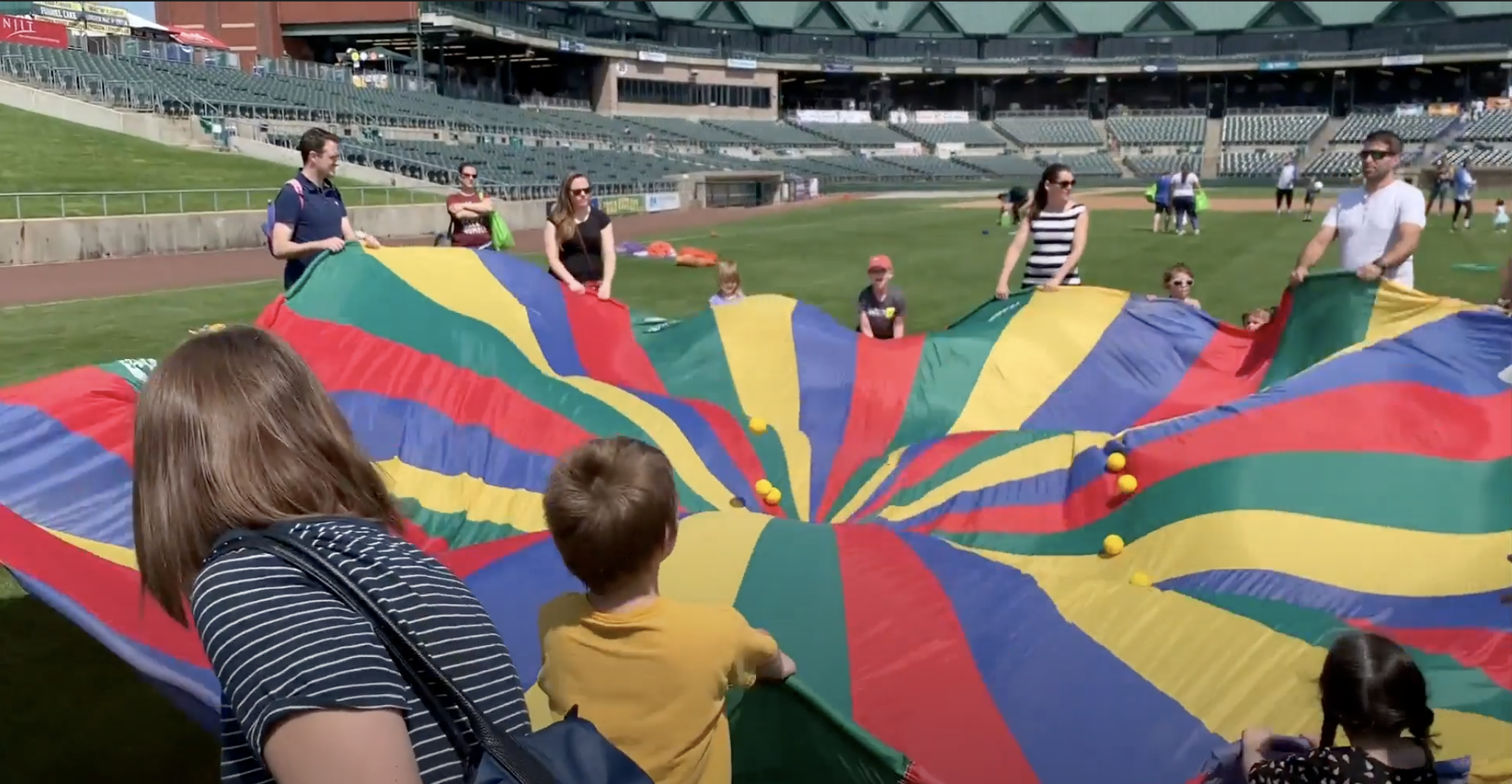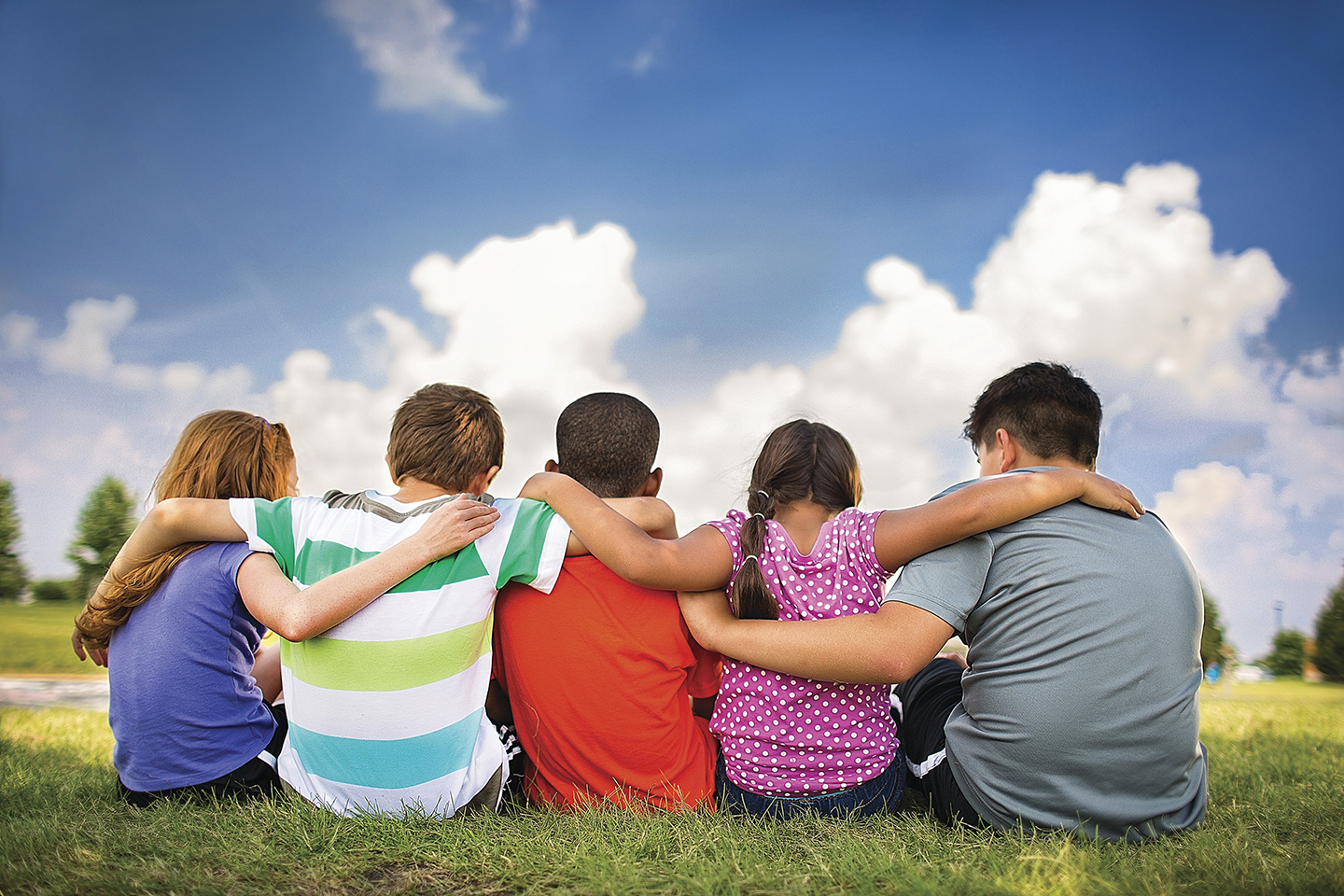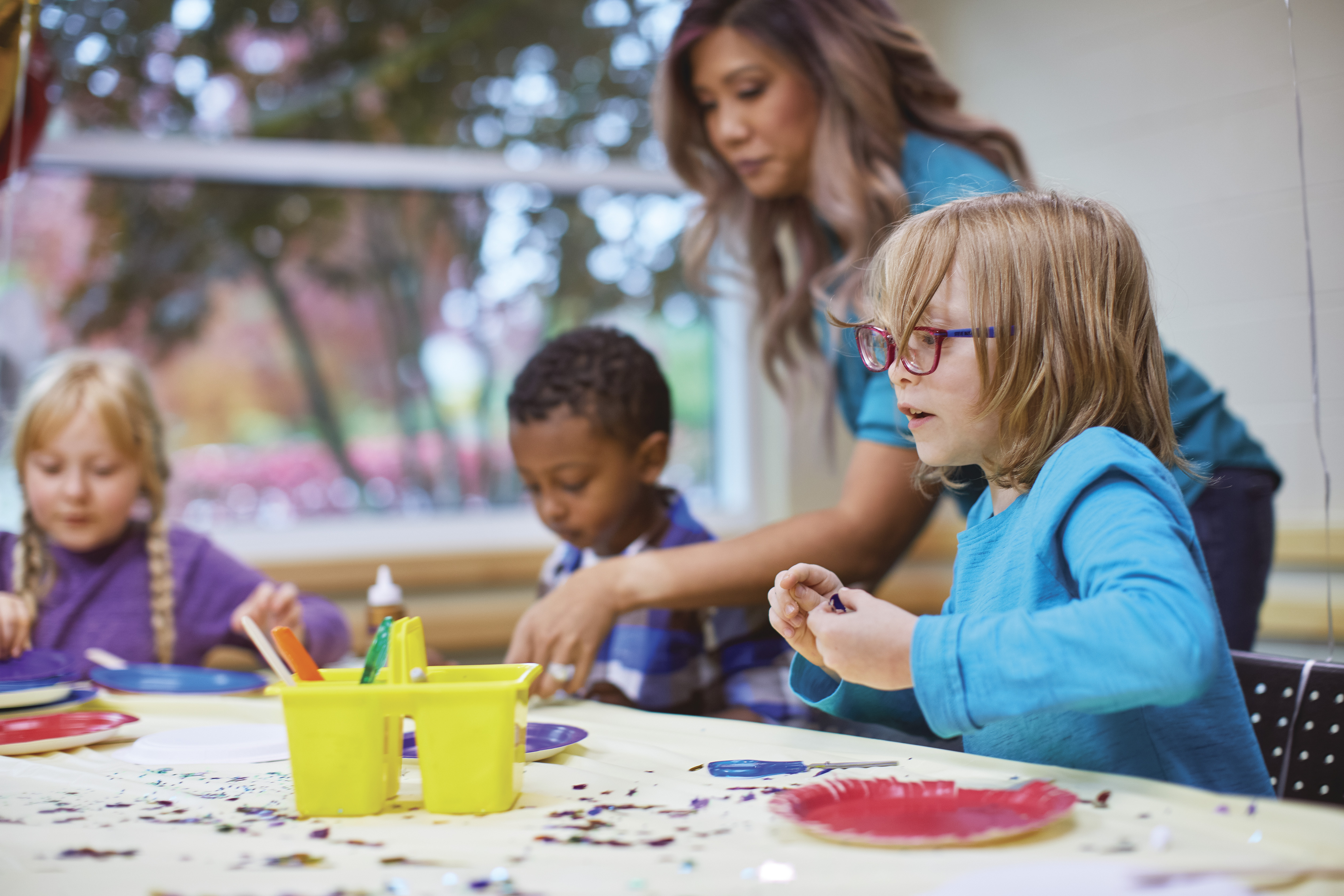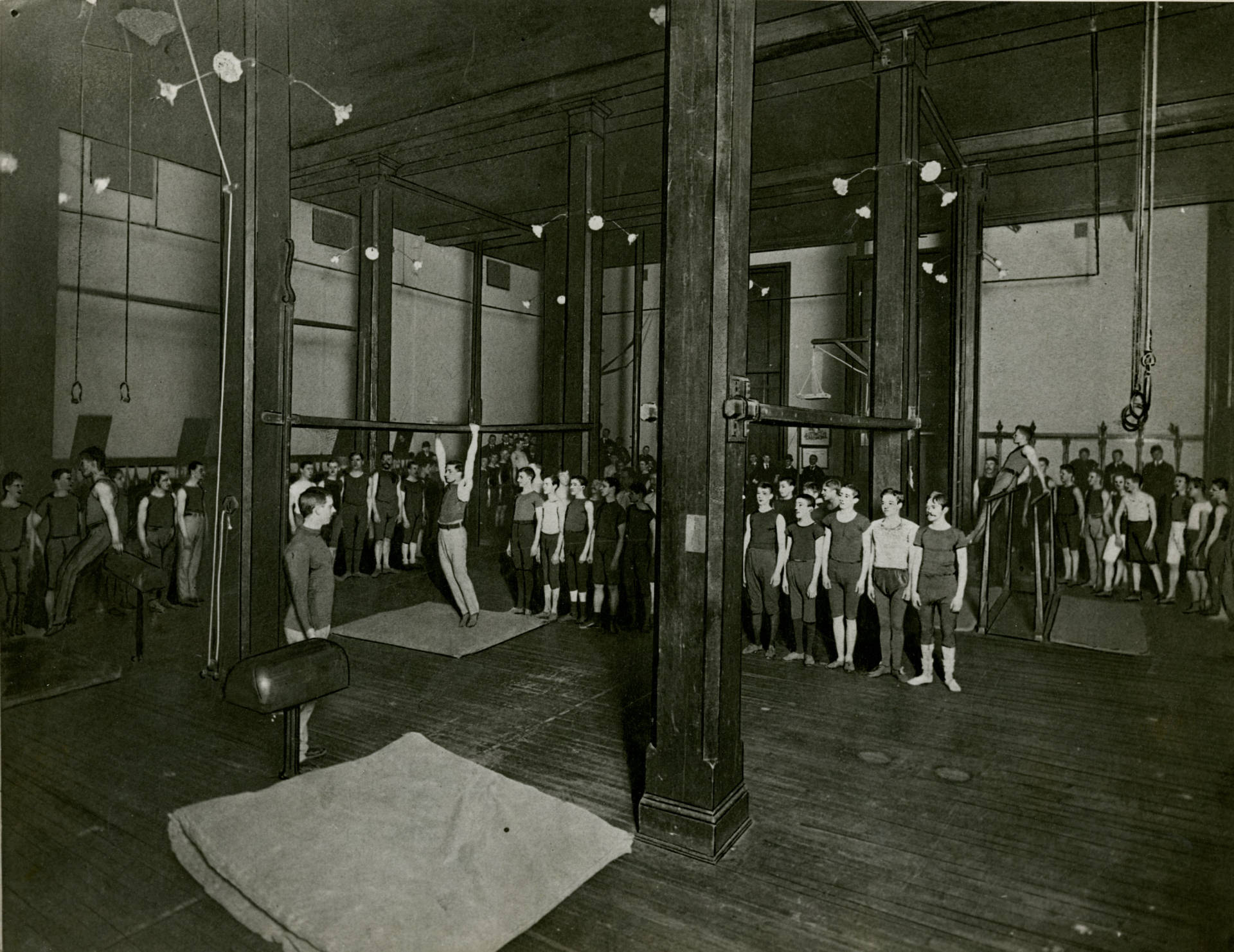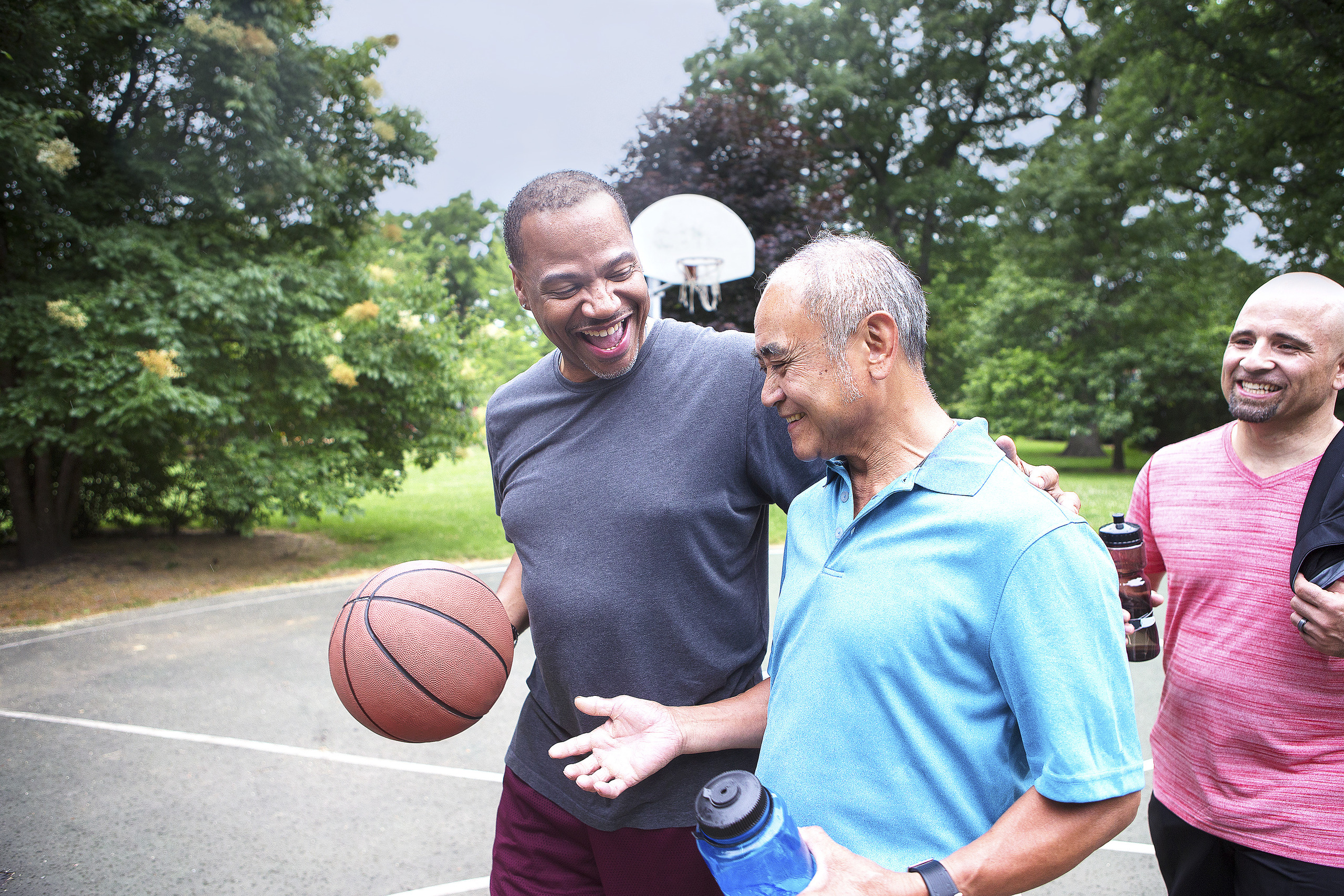YMCA "Industrial" Department is Created
1903
In 1903, the YMCA created an “industrial” department to work with railroad workers, miners and lumbermen, and to assist immigrants. Today, YMCAs respond to changing demographics by offering refugee services, New American Welcome Centers, adult education classes and more.
Swimming Lessons Begin at the YMCA
Detroit
1909
In response to a YMCA campaign “to teach every man and boy in North America to swim," George Corsan arrived at the Detroit YMCA in 1909 to teach swimming using radical new methods: group swimming lessons and lessons on land as a confidence builder. In Newark, New Jersey, alone, he taught 800 boys to swim in just four weeks.
25 African American YMCAs are Built
1910
In 1910, 25 African American YMCAs were built in 23 cities as a result of a challenge grant program announced by Sears Roebuck founder Julius Rosenwald. The Ys included clean, safe dorm rooms and eating facilities, which were a boon to Black travelers, especially servicemen, in a segregated and discriminatory era.
Swimming Lessons Expanded to Include People with Disabilities
1910
Swimming lessons at the YMCA expanded throughout the century to include families and people with disabilities. In addition to helping young people feel safe around water, swimming activities were found to develop kids’ problem-solving abilities and bolster their self-esteem.
YMCA Serves American Soldiers Overseas
WWI
During World War I, 5,145 women served through the YMCA, supporting American soldiers in the U.S. and France. This group of pioneers included Edith Roosevelt, wife of Theodore Roosevelt Jr., as well as unsung women who ran canteens and organized entertainment and R&R (rest and recreation) for the troops. Two women were among the eight YMCA representatives killed in action during the war.
Parent-Child Programs Started by Ojibwe Tribe Members
St. Louis
1926
In 1926, the YMCA demonstrated its commitment to families when the St. Louis YMCA launched a new parent-child program called "Y-Indian Guides" (now known as "Y Adventure Guides"). Started by Harold J. Keltner and Joe Friday, a member of the Ojibwe tribe, the program was based on the Native American family model, and sought to foster the companionship of father and son. The program later expanded to include father-daughter, mother-son, mother-daughter and parent-preschooler components.
Youth & Government™ Program Begins
Albany
1936
The YMCA Youth & Government Program, sponsored by the New York State YMCA, was started in Albany in 1936. This signature program, which continues today, helps high school students gain a deeper understanding of our country's governmental processes and prepares them for how to become an active participant.
YMCA Co-Founds United Service Organization (USO)
WWII
1940s
During World War II, the YMCA, along with five other national voluntary organizations, founded the United Service Organizations for National Defense, today known as the USO.
YMCA Organizes Programs for Children in Internment Camps
1940s
Also during World War II, YMCA staff secretly worked inside U.S. internment camps that held 110,000 Japanese Americans to organize clubs and activities for the children.
YMCA Volunteer Invents Racquetball
Greenwich
1950
In 1950, YMCA volunteer Joe Sobek invented racquetball in Greenwich, Connecticut, as an alternative to squash and handball. Like previous YMCA inventors, Sobek was not paid for his invention; he bestowed it as a gift to all who play the game – then and now.
$5.5 Million Raised to Strengthen YMCAs Across Globe
1956-1966
From 1956 to 1966, the YMCA Building for Brotherhood campaign raised more than $5.5 million to strengthen the infrastructure of many YMCA national organizations and established a Y presence in several countries around the world.
Black Achievers Program Founded
Houston
1967
Motivating African-American teens to academic and career success was the goal of a Black Achievers program conceived in 1967 by Quentin Mease at the South Central YMCA in Houston, Texas. In 1971, financial consultant Dr. Leo B. Marsh at the Harlem Branch YMCA (New York) initiated the Black Achievers format we know today: a volunteer adult mentoring model that helps young people raise their academic standards and develop a positive sense of self. The program later expanded to support all teens of color.
YMCAs Become Meeting Points for Civil Rights Movement
1967
Racial discrimination was banned in all YMCAs in 1967, as many African American YMCAs became meeting places and rallying points for the Civil Rights Movement.
Youth Basketball Association (YBA) is Formed
1970s
In the mid-1970s, the national YMCA and the NBA Players Association created the Youth Basketball Association (YBA) to organize sports programs for young people that emphasize skills and teamwork over winning
Largest Swimming and Diving Championship is Hosted by the YMCA
1970s
The National YMCA Swimming and Diving Championship, started in 1922, became the world's largest swimming championship, playing host to 1,500 participants.
YMCA Focuses on Programs for Families
1980s - 1990s
Throughout the 1980s and '90s, a surge of Baby Boomers with families became members of the YMCA. The Y responded by creating new programs like family swims and family nights, providing families with opportunities to play, interact and have fun together.
Government Relations and Public Policy Office Formed in Washington, D.C.
1991
YMCA of the USA first began work on public policy issues in the late 1970s, forming the Government Relations and Public Policy Office in the nation’s capital in 1991. The office champions the YMCA mission with lawmakers and federal and state government officials. The office also works with YMCAs and YMCA state alliances to strengthen their government relations efforts, helping them advocate for the kids, families and communities they serve and deepening their influence in state capitols. Every state alliance now engages in a variety of important issues impacting YMCAs and their communities.
Healthy Kids Day is Started
1992
To encourage the healthy development of young people, the YMCA held its first national Healthy Kids Day in 1992 – the nation's largest health-inspired day for kids and families. Free and open to the public, it became an annual event every April, designed to emphasize the importance of keeping kids healthy and moving over the summer – and all year long.
The Y's Core Values Defined
1994
In 1994, the Y defined "character" as the demonstration of four core values: caring, honesty, respect and responsibility. Today, these values continue to guide everything we do.
Arts and Humanities Available Across the U.S.
1998
Although YMCAs have been engaged in the arts from their earliest days, YMCA of the USA formally established arts and humanities as a national program in 1998, spotlighting the importance of arts to the development of a young person’s imagination, critical thinking, communication and social skills. Today, arts and humanities are woven throughout Y programs, from creative writing workshops, to dance, to crafts in afterschool and more
